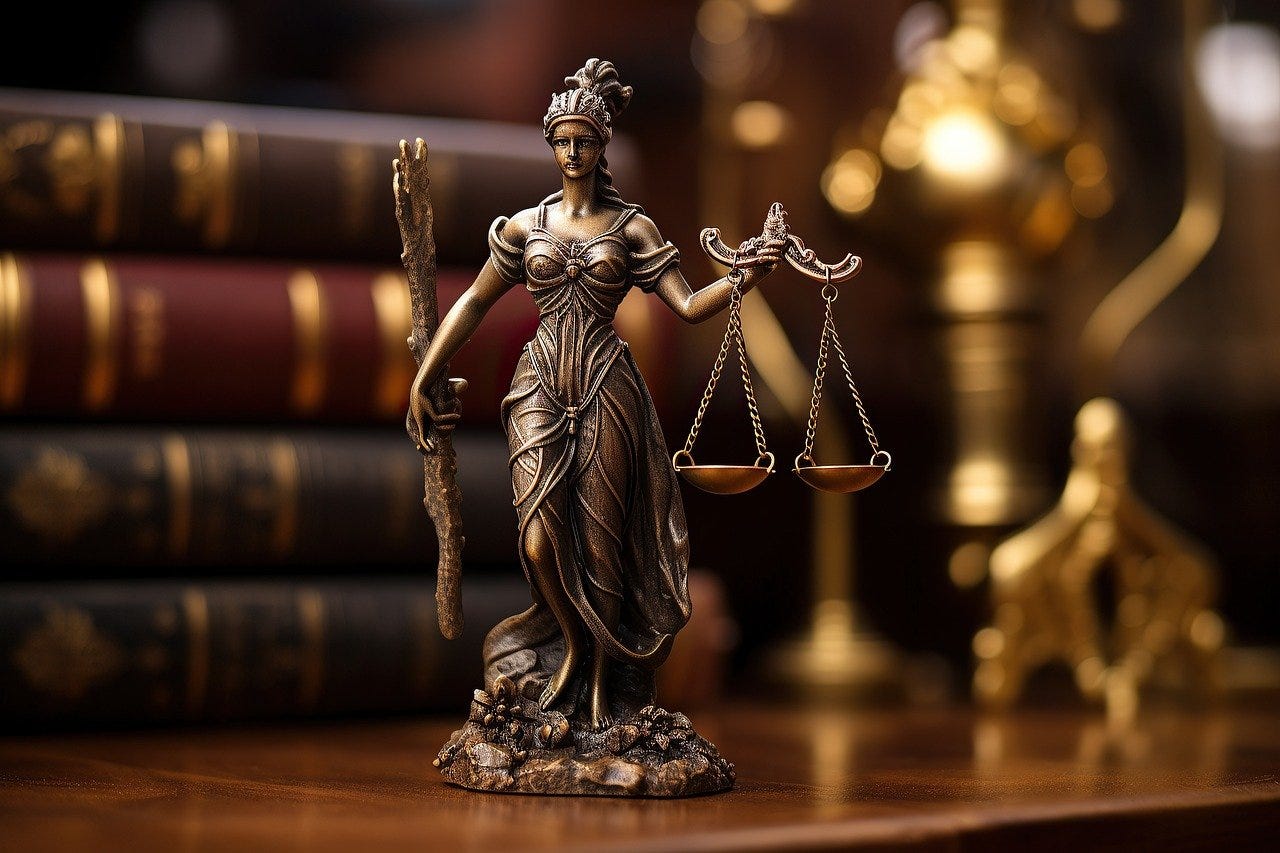“If you do not have a Will or plan for your estate, then the government has one for you.” Shez Christopher.
Michael Jackson, Jimi Hendrix, BB King, Alfred Nobel, Martin Luther King Jr., Howard Hughes, and Nina Wang, Asia’s richest woman are just a few of the biggest names in recent history who died with no will.
Some of the families, like that of Jimi Hendrix for example, spent 30 years in fact, settling the estate of the great American Musician in probate court.

This is a reminder that having your own well written will (living trusts will be covered in another article) can help preserve your family legacy to pass on for generations to come. It is important to store the will in a safe place that can be furnished at the time of your death. Would you be surprised to hear that there are cases in which some one with a mass amount of wealth dies and there are several people that present which they claim is the one true valid will? Prince, one of the most iconic musicians of all time had 45 people come forward claiming to have stake in his estate!
It also serves to serve as a reminder that the company you keep may not always have your best interest in mind. Although there are tales of wealthy figures detesting lawyers with good reason, it is recommended you find the right lawyer to help you with your will that you trust which can save you thousands, if not tens of thousands, of dollars in legal fees.
What is a will? What does a will do?
Whether someone is completing a will as part of an estate planning package or as a one time event, a will is a document people create that outlines exactly how their estate will be distributed after they have passed on. If you did not leave a will, the state in which you reside has a plan for what to with your most worldly possessions.
What is freedom of testation?

In legal terms, this is referred to as “freedom of testation” which allows for instruments like a will to be used for people to leave their estate at the time of their death to those that have survived them like their spouse, children, specific named person, or noble cause preserved through the use of probate courts. Once the person has died, their estate is becomes what is called “probate property.”
What makes a will valid?
In California, in order for a will to be deemed valid it must be in writing. An “oral” verbal will is not prohibited. The individual writing the will, will also need to be 18 years or older and of sound mind. Below, you’ll find the law as it is currently written regarding some of the initial qualifications for a will to be valid.
According to California Law, under DIVISION 6. WILLS AND INTESTATE SUCCESSION [6100 – 6806], PART 1. WILLS [6100 – 6390], in reference to age and mental capacity, the following is shared:
(a) An individual 18 or more years of age who is of sound mind may make a will.
(b) A conservator may make a will for the conservatee if the conservator has been so authorized by a court order pursuant to Section 2580. Nothing in this section shall impair the right of a conservatee who is mentally competent to make a will from revoking or amending a will made by the conservator or making a new and inconsistent will.
(Amended by Stats. 1995, Ch. 730, Sec. 7. Effective January 1, 1996.)
6100.
(a) An individual 18 or more years of age who is of sound mind may make a will.
(b) A conservator may make a will for the conservatee if the conservator has been so authorized by a court order pursuant to Section 2580. Nothing in this section shall impair the right of a conservatee who is mentally competent to make a will from revoking or amending a will made by the conservator or making a new and inconsistent will. (Amended by Stats. 1995, Ch. 730, Sec. 7. Effective January 1, 1996.)
6100.5.
(a) An individual is not mentally competent to make a will if, at the time of making the will, either of the following is true:
(1) The individual does not have sufficient mental capacity to be able to do any of the following:
(A) Understand the nature of the testamentary act.
(B) Understand and recollect the nature and situation of the individual’s property.
(C) Remember and understand the individual’s relations to living descendants, spouse, and parents, and those whose interests are affected by the will.
What is Probate?
Placer Courts CA define Probate as “the judicial process in which an instrument purporting to be the will of a deceased person is proven to be genuine or not; lawful distribution of the decedent’s estate. The legal process of administering a will. Also, the judicially supervised process for marshaling a decedent’s assets, paying proper debts, and distributing the remaining assets to the persons or entities entitled to them. An estate may be probated even if there is no will.” Probate makes sure everything gets to everyone that has rightful interests in the estate.
The word Probate comes from the Latin word Probare, which means to “prove” or to “test’ according to merriam-webster.com
In their work The Complete Book of Wills, Estates & Trusts, authors Alexander A. Bove, Jr., Esq., and Melissa Langa, Esq., explain just what probate property is: “any type of property (stocks, bonds, real estate, furnishings, jewelry, copyrights, claims against others, etc.) that belonged to the deceased at the time of his death.”
What is non probate property?
They also note that “nonprobate property“, such as jointly held property, life insurance or retirement plan benefits payable to a named beneficiary, or assets in a living trust, generally will not be included in the probate inventory…” except is some cases they discussed later in the book. Non probate property is property that is held in a trust, jointly held property, property that has been designated to a beneficiary, or in community property states like California, jointly owned property can be passed on between spouses when certain agreements are in place that do not require participation in the probate process.
Even if you elect to use your “freedom of testation” and create a will, when you die, all the goods that stand alone in your name are still going to need to go through a probate court. There are many differences between dying with a will and dying, intestate, which is when you die and leave no will. One, is that it is the record of the last wishes of the deceased and how they wished to have their estate distributed in case there were any other interested parties in the estate, they would have a much harder time getting access than if no will had existed.

As we have mentioned at the beginning of the article, it is imperative that this will be well preserved so the assigned personal representative of the estate can petition the court to have the will go through probate. If no one petitions the will be executed, someone who has any type of interest, usually financial, in the estate is allowed to notify the court that they want the will processed and moved forward.
With a well written will preserved and it’s designed personal representative informed of its existence and location, the transfer of generational wealth through the application of your “freedom of testation” is bettered secured.
Wet Ink Notary LLC is a mobile notary public near me in Upland, California servicing Rancho Cucamonga, Ontario, La Verne, Pomona, San Dimas, Corona, Chino Hills, Chino, Corona, Riverside, Fontana, San Bernardino, Rialto, Eastvale, Norco, and all of Los Angeles, San Bernardino, Riverside and Orange Counties!
Call us today at

